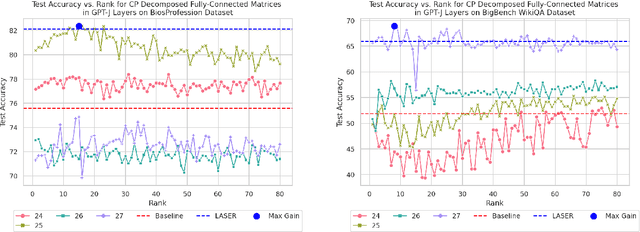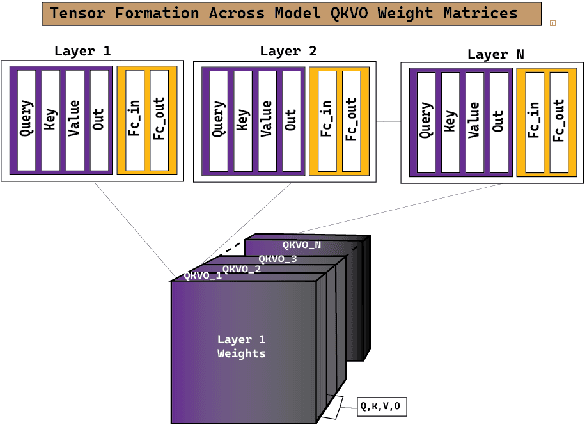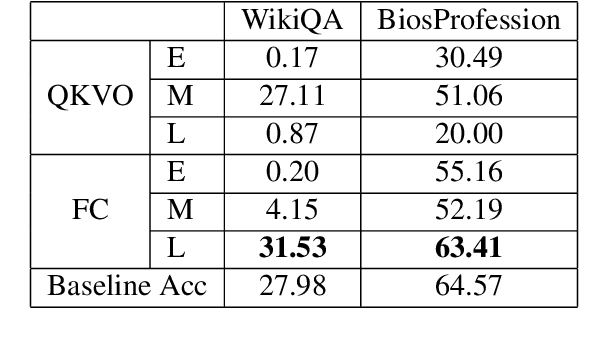TRAWL: Tensor Reduced and Approximated Weights for Large Language Models
Paper and Code
Jun 25, 2024



Large language models (LLMs) have fundamentally transformed artificial intelligence, catalyzing recent advancements while imposing substantial environmental and computational burdens. We introduce TRAWL (Tensor Reduced and Approximated Weights for Large Language Models), a novel methodology for optimizing LLMs through tensor decomposition. TRAWL leverages diverse strategies to exploit matrices within transformer-based architectures, realizing notable performance enhancements without necessitating retraining. The most significant improvements were observed through a layer-by-layer intervention strategy, particularly when applied to fully connected weights of the final layers, yielding up to 16% enhancement in accuracy without the need for additional data or fine-tuning. These results underscore the importance of targeted and adaptive techniques in increasing the efficiency and effectiveness of large language model optimization, thereby promoting the development of more sustainable and accessible AI systems.
 Add to Chrome
Add to Chrome Add to Firefox
Add to Firefox Add to Edge
Add to Edge